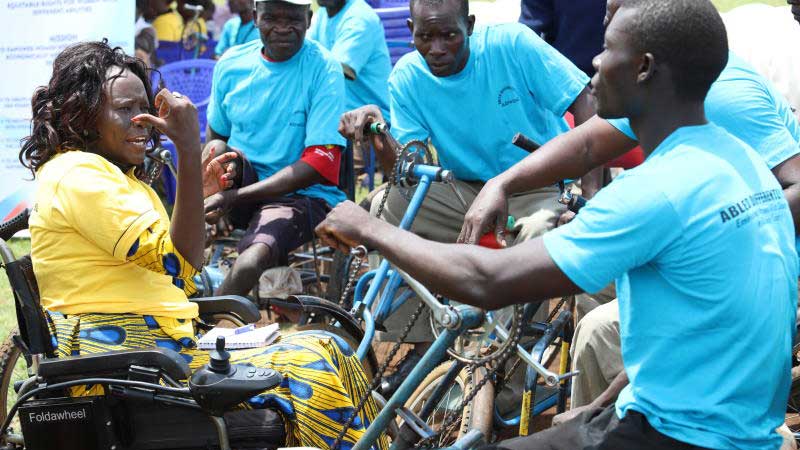×
The Standard e-Paper
Fearless, Trusted News

Economic growth punctuated with increasing inequality has continued to define Kenya’s socio-economic narrative.
Having played a critical role in steering the development of the Sustainable Development Goals (SDGs) that are driven by the principle “leave no one behind”, the Government has another golden opportunity to demonstrate leadership to the world as it co-hosts the Global Disability Summit in July with the UK government in London.